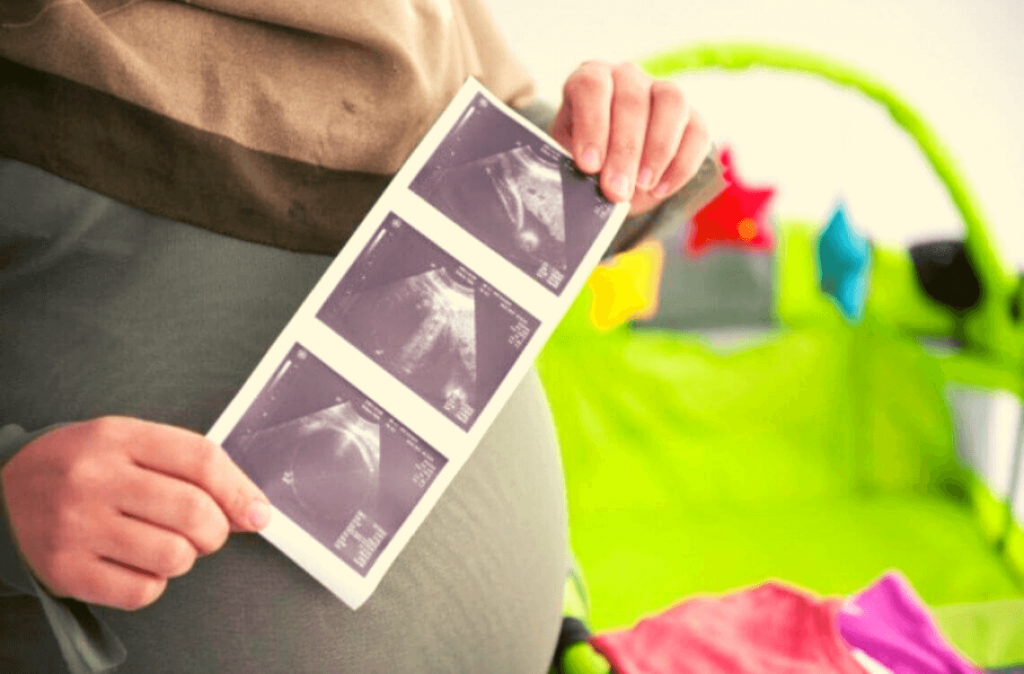A recent study conducted by the University of Montreal Hospital Research Centre found that 35% of pregnant women who fast during the second trimester are at a greater risk of preterm birth compared with no fasting. The study was about fasting during pregnancy and the risk of preterm birth among Arabic-speaking women.
Moreover, the risk was even greater for those who fast when they are 22 and 27 weeks pregnant; the latter half of the second trimester. It could lead to preterm birth, but not an extreme or late preterm birth.
That is why it is understandable why most pregnant women chose not to fast during Ramadan as it could harm their unborn baby. If you still want to fast, you have to consult your doctor first to know the health condition of you and your baby.
Now, let’s hear from Puan Nur Arfa Natasha who shared her fasting experience during Ramadan while she is heavily pregnant. She is currently in her third trimester.
Motherhood: Do you fast or try to fast during Ramadan although you are expecting?
Nur Arfa Natasha: No, because I was worried about my baby’s health condition. But I tried once – during the first of Ramadan.
Motherhood: Do you experience any pain when you tried to fast that day?
Nur Arfa Natasha: I tried to fast during the first of Ramadan. At first, I tried to fast for the whole day. However, at around 5pm, I noticed that my baby had stopped moving and I felt some type of cramp at my lower abdomen. It was so worried during that time!
Motherhood: Is your baby active when you were fasting?
Nur Arfa Natasha: My baby was active for around half day when I was fasting that day.
Motherhood: Is there any specific diet plan throughout this Ramadan?
Nur Arfa Natasha: After that incident, I decided to not continue fasting. Thus, I don’t have any specific diet plan during this Ramadan. I just follow the diet plan that was introduced to me by my nutritionist since my the first trimester.
Motherhood: So when you decided to fast on the first day of Ramadan, was there any tips that you used? Can you share it with the other mothers?
Nur Arfa Natasha: During suhoor, I will eat a healthy and nutritious meal so it can help to provide enough nutrients and sufficient energy. Furthermore, it is a sunnah to eat dates during breaking fast and Suhoor. So, I took some dates during the suhoor.
I also make sure to not skip my medication or supplements that were given by my doctor.
Motherhood: How does your husband support you physically and mentally at times like this – pregnant during Ramadan?
Nur Arfa Natasha: For my husband, he didn’t allow me to fast because he worried about my health and the baby. He didn’t want the same incident during the first day of Ramadan to occur again. Thus, to cheer me up again, he always grant any cravings that I want (or I know I deserve!).
Our advise to all pregnant and breastfeeding Muslim mothers out there, it is okay to not fast during Ramadan. You can ‘qadha’ the days that you did not fast once you are able to.
Read more stories related to Ramadan HERE and stay tuned with Motherhood.com.my for more bountiful promotions for all expecting mothers.
